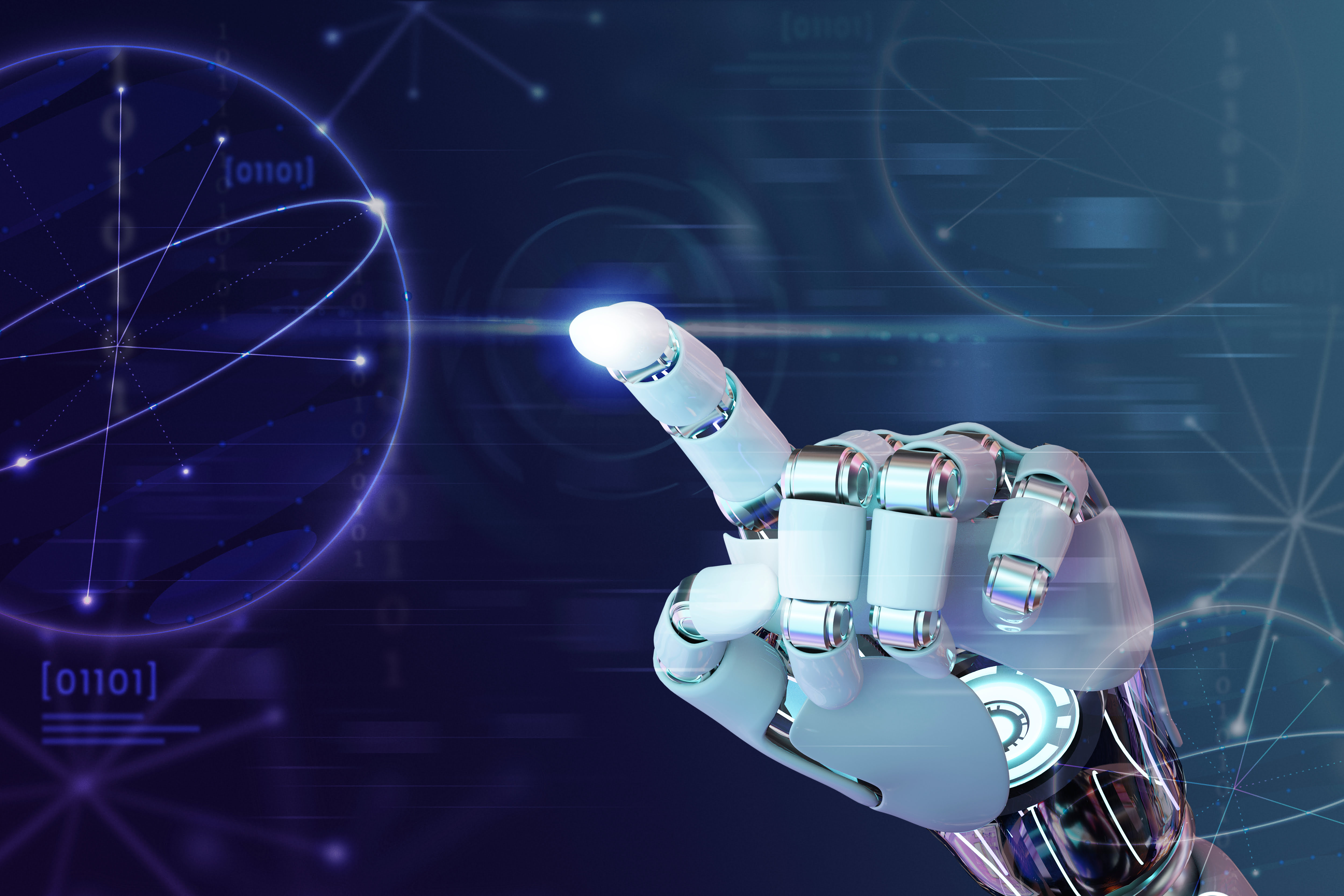Robotic process automation (RPA) occurs when basic tasks are automated through software or hardware systems that function across a variety of applications, just as human workers do. This can greatly reduce labor costs and increase efficiency by speeding things up and greatly minimizing human error.
The software or robot can be taught a workflow with multiple steps and applications, such as taking received forms, sending a receipt message, checking the form for completeness, filing the form in a folder, and updating a spreadsheet with the name of the form, the date filed, and so on. RPA software is designed to reduce the burden for employees of completing repetitive, simple tasks.
KEY TAKEAWAYS
- Robotic process automation (RPA) refers to software that can be easily programmed to do basic, repetitive tasks across applications.
- RPA creates and deploys a software robot with the ability to launch and operate other software.
Designed primarily for office-type functions, RPA works like a digital assistant, doing routine onerous tasks that would otherwise eat up employees’ time. - RPA today is found across a range of industries and applications.
- RPA without human oversight, however, can lead to problems, as was the case with mortgage “robo-signers.”

